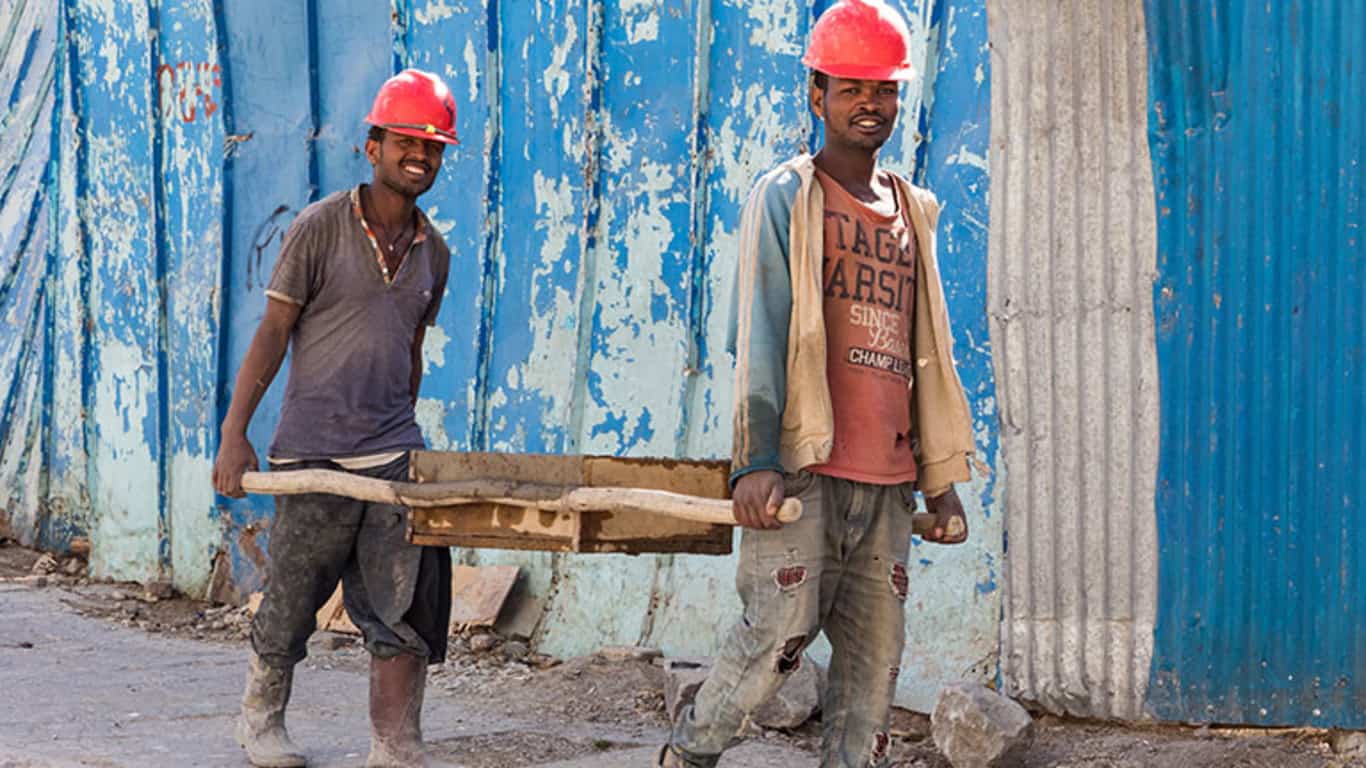Multiple global crises are causing deterioration in the global labor market recovery, resulting in increasing inequalities within and between countries, a report by The International Labor Organization (ILO) said.
The ninth edition of the ILO Monitor on the World of Work revealed the number of hours worked globally saw key gains in Q4 2021.
But, it dropped in Q1 2022 to 3.8 percent below pre crisis benchmark (Q4 2019), amounting to a deficit of 112 million full-time jobs.
This represents a significant downgrading of figures published by the ILO in January 2022.
The report says various global crises including inflation in essential items, financial turbulence, potential debt issues and disturbance of global supply chain due to Ukraine war means the situation could exaggerate further.
Over 2 years after the start of the pandemic, many workers are still suffering from the impact on labour markets.
💰Labour incomes have not yet recovered
👩💼The gender gap in hours worked grewRead the latest @ilo report on the #worldofwork.
➡️ https://t.co/dJ3mtXHRun pic.twitter.com/3Vth2jbtFl
— International Labour Organization (@ilo) May 24, 2022
It could leave a long-lasting impact on global labor markets in near future, the report said.
The report noted a widening divergence between richer and poorer economies continues to characterize the recovery.
While high-income countries experienced a recovery in hours worked, low-and lower-middle-income economies suffered setbacks in Q1 2022 with a 3.6 and 5.7 percent gap respectively when compared to Q4 2019.
These diverging trends are likely to worsen in Q2 2022, the report claimed.
Also, some developing countries are increasingly constrained by the lack of fiscal space and debt sustainability challenges.
Similarly, some enterprises face economic uncertainties and workers continue to be left without sufficient access to social protection.
More than two years after the start of the pandemic, many in the world of work are still suffering from the impact on labor markets.
Labor incomes have not yet recovered for the majority of workers. In 2021, three in five workers lived in countries where labor incomes had not returned to the level seen in Q4 2019.
The #ILC2022 takes place amidst multiple crises.
With an already fragile recovery, additional instability & climate change have worsened the #worldofwork outlook
A human-centred response is urgent to build an equitable future
Follow live from 27 May ➡️ https://t.co/BODyrozO4N pic.twitter.com/zLCdkBPwTP
— International Labour Organization (@ilo) May 24, 2022
The gender gap in hours worked also grew during the pandemic. In Q1 2022, the global gender gap in hours worked was 0.7 percentage points greater than Q4 2019, when a large gender gap was already present.
Women in informal employment are the worst affected. And in terms of income groups, low and middle-income countries saw the largest increase in the gender gap.
The sharp rise in vacancies in advanced economies at the end of 2021 and beginning of 2022 led to a tightening of labor markets with a growing number of jobs available relative to job seekers.
But, there is little to support that labor markets are generally overheated, considering the pool of unemployed and underutilized labor in many countries.
The Ukraine crisis has caused disturbances in production and trade, resulting in food and commodities getting costlier, which is hurting poor households and small businesses, especially those in the informal economy.
ILO Director-General Guy Ryder said, “It is now more essential than ever that we work together and focus on creating a human-centered recovery.”
The report reveals a series of measures to comply with ILO’s Global Call to Action for recovery, and the ILO-led UN initiative, the Global Accelerator for Jobs and Social Protection.
The measures include: Appropriate support to maintain the purchasing power of labor income and the overall living standards of workers and their families.
Also, urgent tripartite dialogue to support fair wage adjustments; Careful adjustment of macroeconomic policies to address pressures related to inflation and debt sustainability while supporting a job-rich and inclusive recovery.
This also includes assistance for hard-hit groups and sectors, particularly vulnerable workers and those making the transition from the informal to the formal economy.
Lastly, focussing on long-term, well-designed sectoral policies promoting the creation of decent and green jobs, support sustainability and inclusiveness, and assist enterprises, especially micro, small and medium-sized enterprises (MSMEs).








